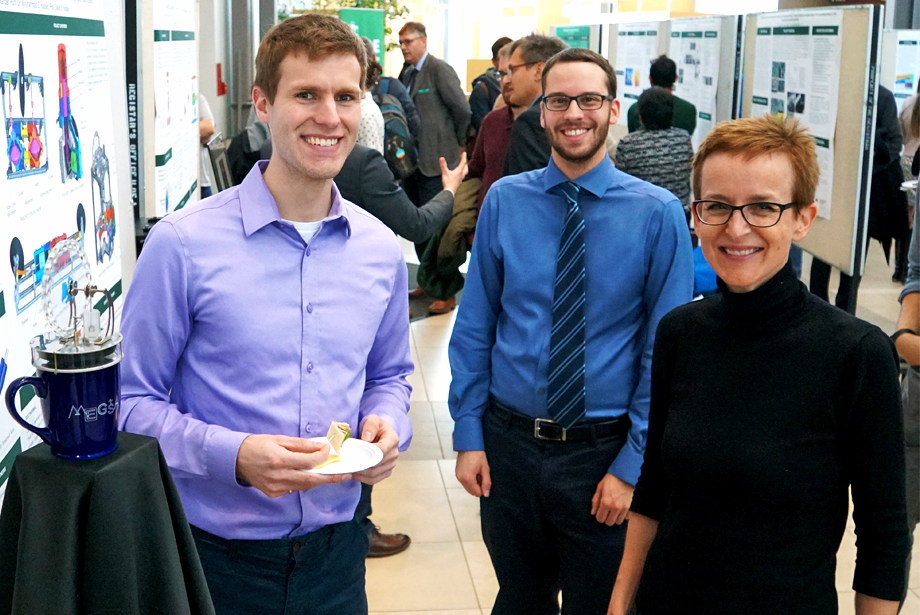Past and present energy technologies have created challenges that must be addressed as we move towards a low-carbon energy economy. By investigating ways to reduce GHG emissions from existing hydrocarbon technologies, and supporting the restoration of land and water affected by them, projects within these themes will help lay the groundwork for energy transition. They will also work to address potential future concerns related to new energy technologies.
Researchers on Improving Environmental Performance
Over seven years, Future Energy Systems plans to support more than 100 researchers and up to 1,000 Highly Qualified Personnel (HQP), including graduate students and post-doctoral fellows. To learn more about our researchers, visit the Researcher Directory.





